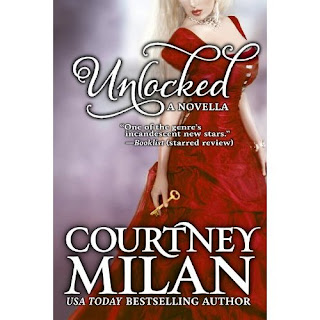Status: It’s official. RWA in New York has just begun. Most awkward moment today? Sitting on a panel that also had editors and being asked the question: what is a fair electronic royalty rate. Grin.
What’s Playing on the XM or iPod right now? BAILAMOS by Enrique Iglasias
Last Thursday, Harlequin sent out a press release announcing that for single title romances on their list, they would be switching to 25% of net receipts starting Jan. 1. 2012.
But before you begin celebrating that finally Harlequin is getting in line with the other major publishers, take a moment to look at the fine print or in this case, what isn’t there. What Harlequin didn’t mention in their press release is that as a Publisher, they are currently not on the agency model with their digital distributors—Apple iBookstore being the one exception.
So in short, this move to 25% of net is def. better than the paltry 6 or 8% of retail that they were offering but it’s not necessarily equal to what Publishers pay via the Agency Model.
Here’s why. Let’s do some math boy and girls.
Let’s say your single title Harlequin royalty rate is 8% of retail and the retail price for your romance novel is $7.99.
8% of 7.99 = 0.64 of royalty per sale to the author
That’s the baseline. Now let’s look at what 25% of net receipts from Harlequin looks like on the wholesale model.
$7.99 is the retail price but because Harlequin sells wholesale, they give (on average) a 50% discount to the seller. That would look like this:
7.99 – 3.99 (discount) = 4.00 of net receipts to Harlequin
25% of 4.00 = $1.00 of royalty per sale to the author
Well, that’s definitely better than 64 cents given previously!
But the whole reason why Big 5 Publishers moved to the net receipts royalty rate is because of the agency model. In this configuration, the Publisher gives 30% to the distributor and receives 70% as net receipts. So it would look like this:
30% of 7.99 = 2.39 to the distributor
Now deduct that commission:
7.99 – 2.39 = 5.60 of net receipts to publisher
If author gets 25% of net receipts on agency model, that would be:
25% net receipts of 5.60 = 1.40 of royalty per sale to the author.
Not quite the same.
Now keep in mind that the above calculations are not taking into consideration any other deductions a Publisher on Agency Model might possibly be taking before calculating the author’s share. So that is a possible factor to consider.
But in general, Harlequin’s move to 25% of net is not, on the surface, the same as what other houses are offering.
And from what I’m hearing via chat in the blogosphere, the other Harlequin royalty rate of 15% of net to series authors (which was also announced in a separate press release) is going over about as well as a lead balloon.

